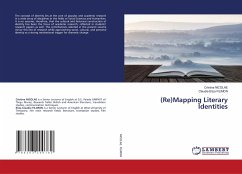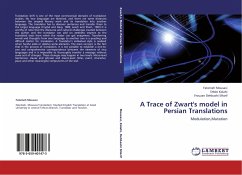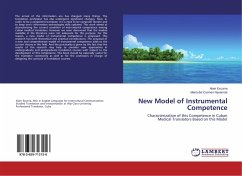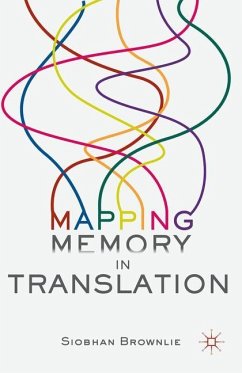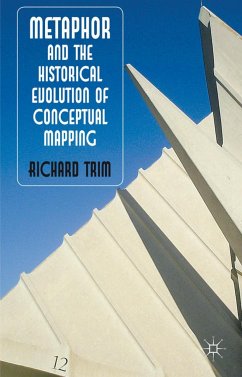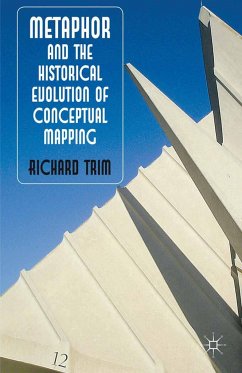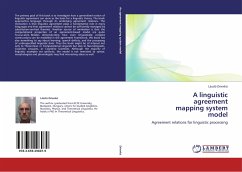
A linguistic agreement mapping system model
Agreement relations for linguistic processing
Versandkostenfrei!
Versandfertig in 6-10 Tagen
45,99 €
inkl. MwSt.

PAYBACK Punkte
23 °P sammeln!
The primary goal of this book is to investigate how a generalised notion of linguistic agreement can serve as the basis for a linguistic theory. The book approaches language through its underlying agreement relations. The motivation is that linguistic agreement plays a fundamental role in many languages and that agreement relations cannot be sufficiently managed by substitution-centred theories. Another source of motivation is that the computational properties of an agreement-based model are quite favourable. Besides demonstrating how even linguistically complex constructions can be modelled i...
The primary goal of this book is to investigate how a generalised notion of linguistic agreement can serve as the basis for a linguistic theory. The book approaches language through its underlying agreement relations. The motivation is that linguistic agreement plays a fundamental role in many languages and that agreement relations cannot be sufficiently managed by substitution-centred theories. Another source of motivation is that the computational properties of an agreement-based model are quite favourable. Besides demonstrating how even linguistically complex constructions can be modelled in the agreement framework, the book has also something to say about learning, speech deficits, and the processing of underspecified linguistic data. Thus the book might be of interest not only to Theoretical, or Computational Linguists but also to Neurolinguists, Cognitive Linguists, or Cognitive Scientists. Although the majority of linguistic examples are syntactic, the model is not restricted to syntax: morphologists and phonologists may find interesting ideas as well.



